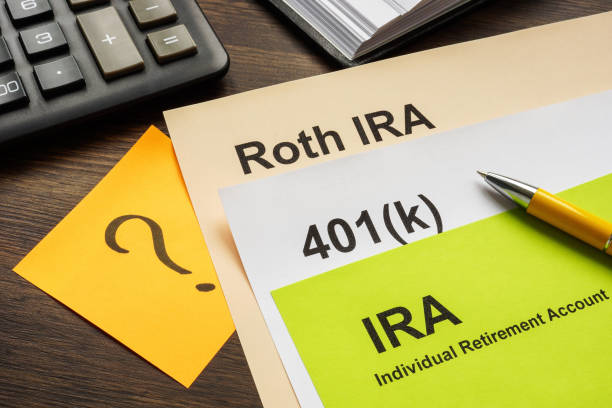Dividing retirement accounts in a divorce


Divorce comes with several financial changes that can be difficult to navigate or understand. If you have retirement accounts, you’ll need to know what to expect if you’re planning to end your marriage. If you’re an Illinois resident, here are some important details to keep in mind when it comes to dividing retirement accounts.
The state where you live plays a huge role in the process of dividing retirement accounts in a divorce. Your accounts could be considered community property, or the judge may rule for equitable distribution.
Arizona, California, Idaho, Louisiana, Nevada, New Mexico, Texas, Washington, and Wisconsin are community property states. This means that any assets you and/or your spouse acquired during the marriage, including your retirement funds, are divided equally between you and your ex.
All other states are equitable distribution states (Illinois falls in this category). This means the state courts will divide your property fairly, although the split may not be equal. This means that if the retirement account is in your name, you may receive most of the funds.
When it comes to dividing retirement accounts for those who reside in community property states and have 401Ks, the judge will advise a qualified domestic relations order (QDRO) so that half of the funds in the retirement account are given to the other spouse. The spouse receiving half of the retirement account can either add their name to the retirement account or take half of the funds upfront, which will be subject to regular income tax laws.
For an IRA, half of the money accumulated during the marriage will be transferred to an IRA that the other spouse can access. Any withdrawals from the revised IRA, including the funds given to the receiving spouse, will be taxed normally. Either spouse could also face withdrawal penalties if the money is taken from the account before the spouse reaches 59 1/2 years of age.